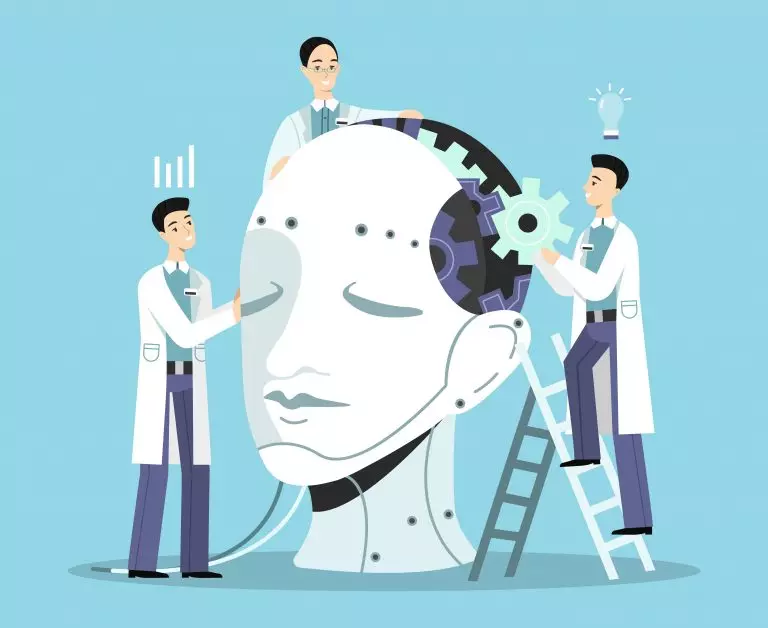Prospects for personalized health are redefined by AI-infused insights, offering a new dimension to life coaching. Such prospects have made coaches instrumental in fostering wellness, beyond conventional methods. AI-infused strategies are utilized to predict and shape health outcomes, making life coaching a crucible for innovation. As these prospects unfold, the bond between technology and human insight strengthens, ensuring life coaching remains at the forefront of AI-infused wellness revolutions. Thus, these prospects are not just futuristic—they are immediate.
AI-powered wellness services are gaining ground, with Apple’s development of an AI-driven health coaching service and emotion-tracking technology for the Apple Watch. This technology will enable real-time monitoring of users’ well-being, offering practical suggestions akin to what a life coach or counselor might provide. While the specifics remain limited, the project, codenamed “Quartz,” aims to motivate Apple Watch wearers to improve their exercise, eating habits, and sleep based on user data.
This AI-driven approach could offer basic tips and advice tailored to individuals, making it more efficient in certain contexts compared to writing poetry or scripts for users. However, it also raises concerns about potential negative outcomes and overreach.
Apple isn’t the only company exploring AI’s potential in health and wellness. Several standalone wellness apps already integrate AI in various ways:
Youper: An app that engages in conversations with users to gauge their emotional state and offers customized suggestions to improve mood.
Calm: A prominent player in the wellness space, it provides meditation and relaxation content.
Breathhh: An AI-powered Chrome extension that monitors online interactions and suggests stress-relief breathing exercises.
MindDoc: A practical lifecoach app that helps users design and execute plans for dealing with issues like anxiety, insomnia, and eating disorders.
Replika AI chatbot: A digital avatar that gets to know users and offers personal support and advice.
Ladder: An AI-powered wellness app designed to help people understand the connections between their actions and emotions, created specifically for and by people of color.
Los Angeles has its contributions to the AI wellness space, particularly in the biotech sector. Companies like Entos, Kyan Therapeutics, and NovaSignal use AI for drug discovery, cancer treatment development, and non-invasive cerebral ultrasounds to track blood flow to the brain, respectively.
While LA leans toward practical, behind-the-scenes AI integration in healthcare, there are also consumer-facing AI wellness companies like Kabata Fitness, which produces smart dumbbells. These innovative devices can instruct users on how to use them effectively, potentially challenging traditional personal training.
The rise of AI-integrated wellness services has the potential to transform the health and wellness industry, offering personalized guidance and support to users, making it more accessible and convenient. However, it also raises important questions about privacy, ethics, and the role of human professionals in the future.
































